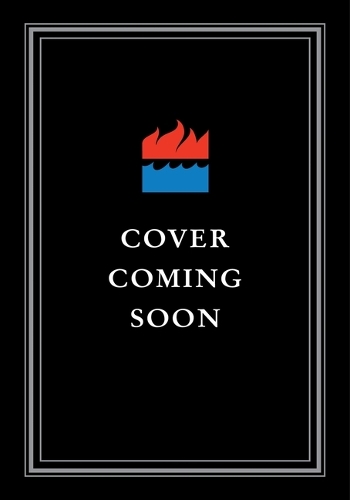
The Western Canon: The Books and School of the Ages
(Paperback)
Publishing Details
The Western Canon: The Books and School of the Ages
By (Author) Harold Bloom
HarperCollins Publishers Inc
HarperCollins
30th December 2025
United States
Classifications
General
Non Fiction
Literary studies: general
Literary studies: poetry and poets
Literary studies: plays and playwrights
Winner of National Book Critics Circle Award Finalist (United States).
Physical Properties
Paperback
592
Width 152mm, Height 229mm, Spine 34mm
454g
Description
The literary critic defends the importance of Western literature from Chaucer and Shakespeare to Kafka and Beckett in this acclaimed national bestseller.
An impressive work...deeply, rightly passionate about the great books of the past.Michael Dirda,The Washington Post Book World
Harold Bloom'sThe Western Canonis more than a required reading listit is a heroically brave, formidably learned defense of the great works of literature that comprise the traditional Western Canon. Infused with a love of learning, compelling in its arguments for a unifying written culture, it argues brilliantly against the politicization of literature and presents a guide to the essential writers ofthe western literary tradition (The New York Times Book Review).
Placing William Shakespeare at the center of the canon, Bloom examines the literary contributions of Dante Alighieri, John Milton, Jane Austen, Emily Dickenson, Leo Tolstoy, Sigmund Freud, James Joyce, Pablo Neruda, and many others. Bloom's book, much-discussed and praised in publications as diverse asThe EconomistandEntertainment Weekly, offers a dazzling display of erudition and passion.
Reviews
Heroically brave, formidably learnedThe Western Canonis a passionate demonstration of why some writers have triumphantly escaped the oblivion in which time buries almost all human effort. It inspires hope that what humanity has long cherished, posterity will also. New York Times "This book is terribly important -- if you believe that literature itself is important, quite noble -- if you believe that 'nobility' is still a viable concept in intellectual life." Boston Globe Harold Blooms large-minded and large-hearted book about the great books has many of the virtues that it sees and shows in the works he so fiercely admires." Washington Times The list is what will get all the attention, but it is the text preceding that provides the true pleasure. Entertainment Weekly [Harold Bloom] has, in a quietly joyous fashion, the chutzpah to put his stamp on the whole of literature from Genesis to Ashbery, rivaling the scope of hero-critics like Sainsbury or Curtius or Auerbach though more giddily adventurous than they were In one sense the hero of this book, as of all his books, is Bloom himself, modestly bold, genially polemical, dogmatically opposed to dogma, carrying to much in his head and always ready to say what he thinks about it all. London Review of Books
Author Bio
HAROLD BLOOM was a Sterling Professor of Humanities at Yale University. Before that, he was Charles Eliot Norton Professor at Harvard. His more than forty books includePossessed by Memory, The Anxiety of Influence, Shakespeare: The Invention of the Human, The Western Canon, The American Religion,andThe Daemon Knows: Literary Greatness and the American Sublime. He was a MacArthur Fellow, a member of the American Academy of Arts and Letters, and the recipient of many awards and honorary degrees, including the American Academy of Arts and Letters Gold Medal for Belles Lettres and Criticism, the Catalonia International Prize, and Mexicos Alfonso Reyes International Prize. He lived in New Haven until his death on October 14, 2019, at the age of eighty-nine.
